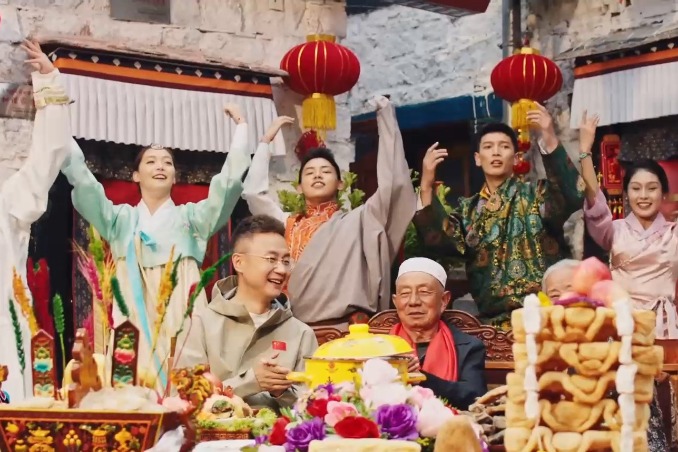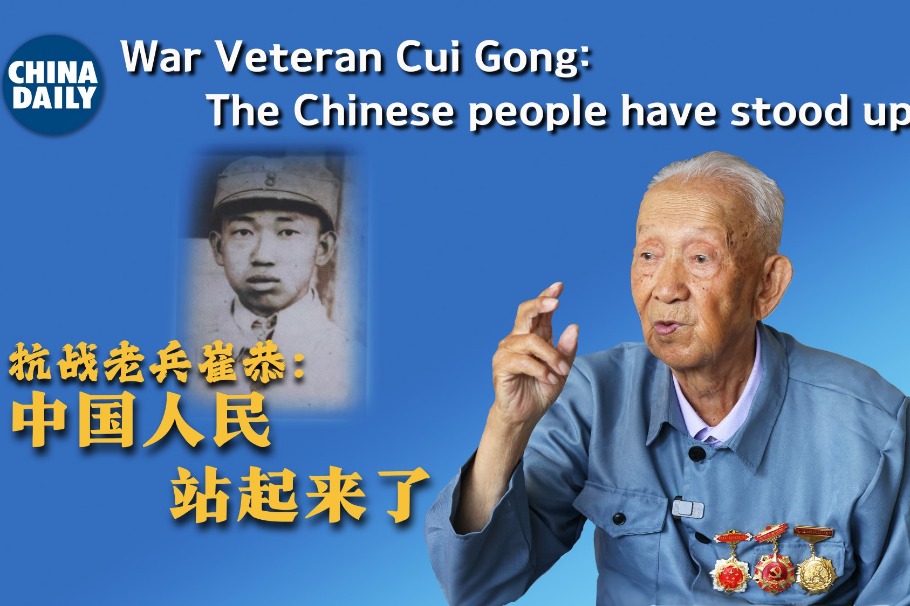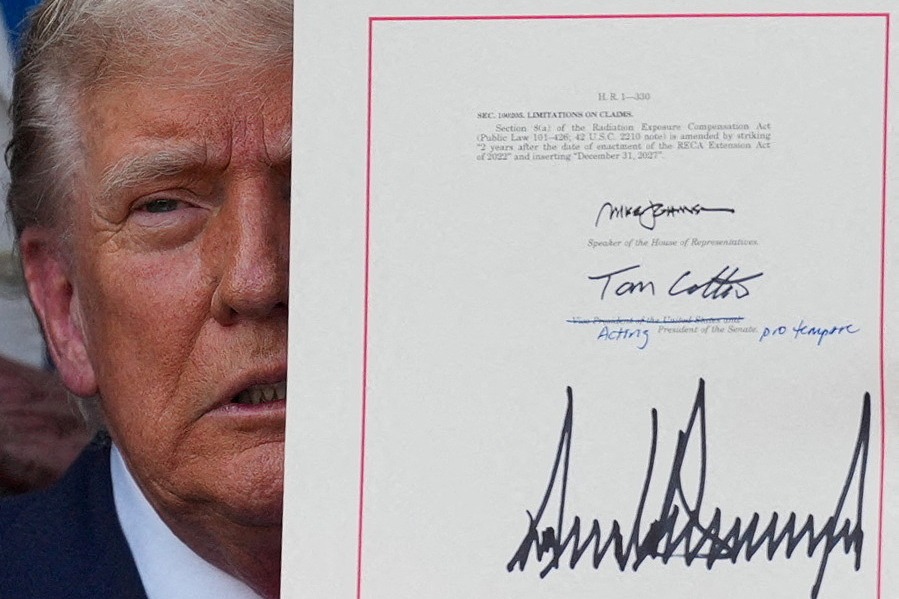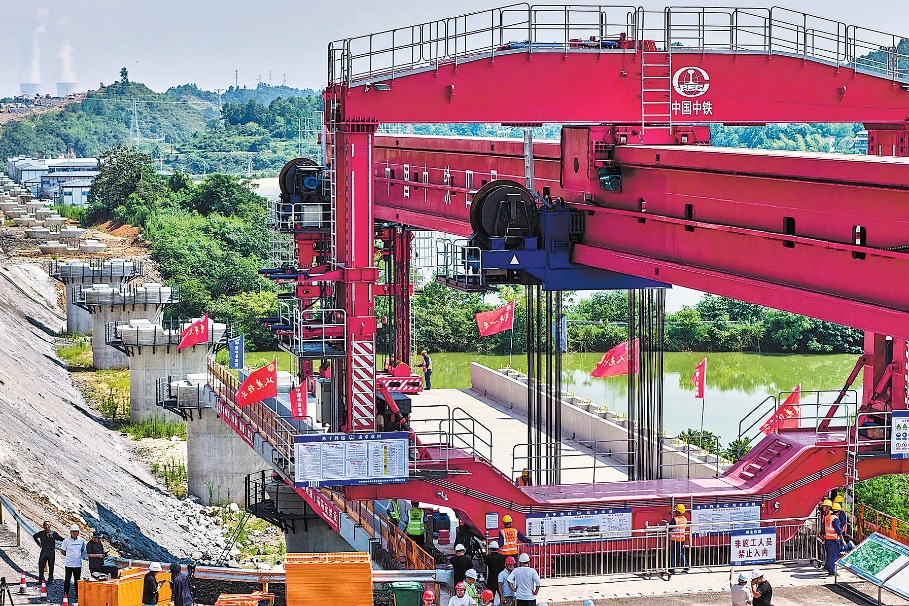A CENTURY OF CLASSROOM REVOLUTIONS
Latest season of TV series focuses on 11 modern masters who changed the way China teaches, Wang Ru reports.

The Miyun Reservoir in suburban Beijing, one of the largest water conservancy projects in North China, plays a significant role in providing water to the capital. But not many people know this major project was actually designed by a group of university students as their graduation project.
In 1959, under Jiang Nanxiang, the then headmaster of Tsinghua University, who encouraged his students to combine theory with practice, students from the Department of Hydraulic Engineering undertook the project under the guidance of Professor Zhang Guangdou, who helped with prospecting and design.
As a result of the efforts of two groups of graduates, the design was completed. Graduation projects at Tsinghua were revolutionized, and mere words and images on paper were turned into actual, practical design tasks.
This is one of the stories told in the new season of Century Masters, which focuses on 11 noted educators, among them Peking University head Cai Yuanpei, promoter of mass education Tao Xingzhi and physical education advocate Jiang Nanxiang, which aired on China Education Television in March.
Produced by the China Federation of Literary and Art Circles, Century Masters is dedicated to people renowned for their mastery in different areas. Earlier seasons focused on famous artists, architects and writers.
According to Chen Hong, deputy head of CETV, and also the general director for the series, the new season seeks to preserve and protect the educational practices, ideas and progress of the subjects, and nurture young people in the process.
"During the course of the development of education in China over the past century, many diligent, knowledgeable and accomplished master-level educators have driven the social and historical development to varying degrees," says Chen.
"We want to crystallize the wisdom and sweat of countless educators, a precious legacy for future generations, and open a window to showcase the country's progress," he adds.
Chen says they mostly choose educators who were early headmasters of universities, or who promoted educational revolution and development in China, adding that other educators will feature in future seasons.
Many of them also made great achievements in other areas. This series, however, focuses on their contributions to education.
Unlike artists who produce physical creations, the contributions of educators are often theoretical, and so are difficult to depict visually. To circumvent this, the crew brought the educators to life by illustrating their ideas through snapshots of their work and life.
For example, the two episodes about Ma Yuehan, a pioneer in advocating for physical education at Tsinghua University, explore his habit of regular exercise maintained since childhood, his participation in national and international competitions at university, and the way in which he benefited from being in good health.
Drawing on his long involvement with sports, Ma believed that qualities nurtured by physical exercise, such as courage, perseverance, confidence and resolution, become part of the life experience of students, and help them develop good qualities as citizens.
"Athletic sport is the most effective, suitable and interesting approach to cultivating good citizens," he wrote in his 1926 book, The Transfer Value of Athletics.
Lesser-known details about the subjects of the series have also been uncovered. For example, in the episodes about Cai Yuanpei, a prominent educator known for the reforms he undertook as headmaster at Peking University, the series' creators discovered why Cai habitually got up early to study or work.
"When we were filming in his hometown of Shaoxing in Zhejiang province, we found out that when he was a student, Cai was sometimes challenged by difficult questions that he could not solve," says Zhang Jianzhong, a director involved with filming and editing the Cai Yuanpei episodes.
"His mother would advise him to rest and get up early to continue thinking. After following her advice, Cai found that he was more energetic in the early morning, and could more easily solve his problems. His habit was born as a result," he adds.
The production crew combed through biographies, letters and manuscripts, visited memorial halls and sites related to their subjects, and interviewed family members, colleagues, students and scholars studying them.
For Chen, two groups of most valuable interviewees were people working at memorial halls, and researchers specializing in studying the lives of their subjects.
"Because of their lengthy experience telling, organizing and digging into the stories of these people, the guides at memorial halls often tell warm and touching stories about them," says Chen.
Scholars present a more comprehensive, systematic understanding of the person and their contributions, and were sources of reliable information.
To ensure accuracy, the first draft of each episode was written by a scholar. Then, the directors revised the draft to make it more suitable for a documentary. For example, the episodes on Cai were the work of Chen Hongjie, who has written a biography about him.
"If our directors had jumped into the sea of literature, they might not have been able to find the most important events in the educators' lives and work, the most significant decisions they made, or the stories that typify the value of their ideas. So we invited professional researchers to build frameworks for us," Chen Hong says, adding that due to limited length of episodes, a large amount of material gathered could not be used in the series, and will be published in book form in the future.
Sun Xiufeng, director of the episodes about Ma, says he was impressed by how one of his students, an 88-year-old professor at Tsinghua University by the name of Wu Wenhu, was eager to be interviewed about his former teacher.
"He said that many people he knew his age didn't enjoy such good health as he did, and that he still took part in cultural and physical activities organized by the community. He owes all this to his habit of exercising, formed as a Tsinghua student under the guidance of Ma. He even choked up when he recalled details," says Sun.
Artificial intelligence technology was used in the production. In one episode about Cai, deepfake imagery based on photos and a video was used to make a lifelike re-creation of a scene of Cai managing teachers at Peking University in 1917.
"I believe there's enormous room to create with the help of AI that is still waiting to be explored. AI tools will become better and more varied, enhancing the beauty and influence of documentaries," Chen Hong says.
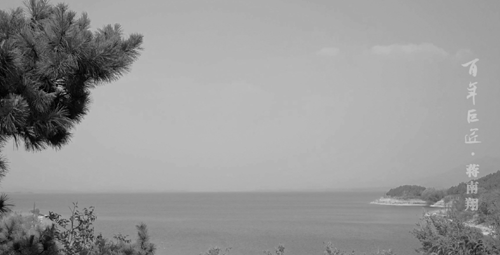
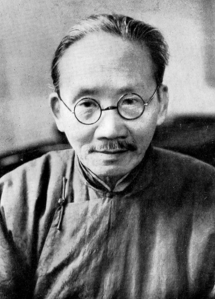
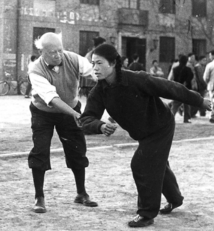
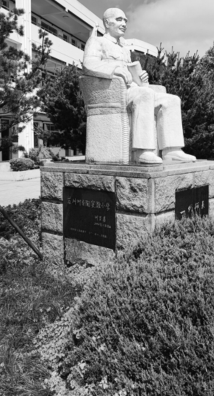
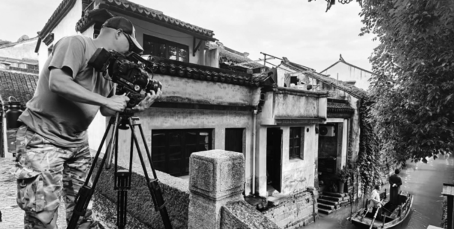
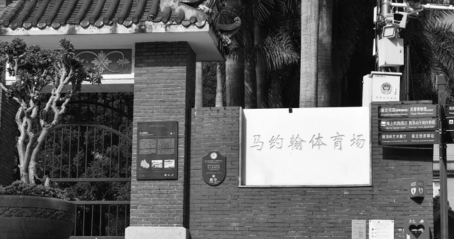
Today's Top News
- More grads chart career paths in west of China
- Why China's AI initiative is critically important
- Israel's Gaza takeover plan widely condemned
- S. Korea visa waiver spurs surge in travel interest
- Top cities signal easing to support property market
- Ties help bolster heritage protection



















